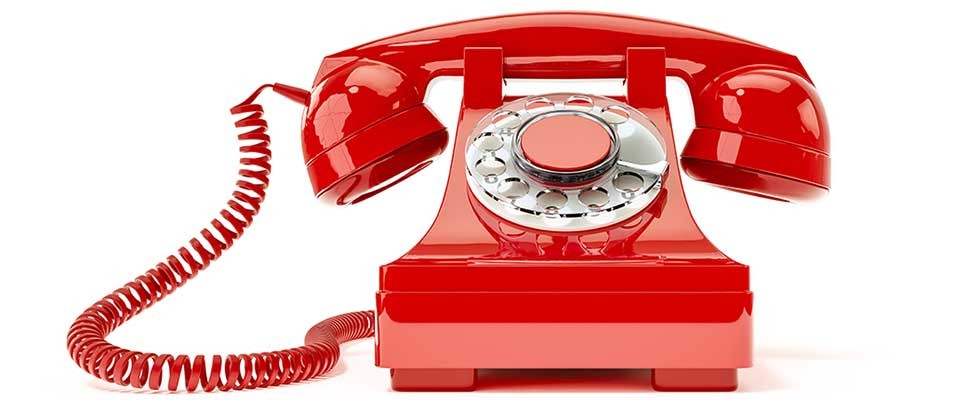
The coronavirus pandemic dramatically impacted home health care agencies. Elective surgeries were suspended, which significantly reduced referrals for homecare services. At HCR Home Care, we took this time to identify new ways to serve our patients.
One innovative way that HCR served patients during this crisis was by conducting direct outreach to previous patients of the agency who had recently been discharged from the hospital. The idea, suggested by HCR Medical Director Dr. Jack McIntyre, involved following up with patients who had been discharged at least two months earlier to determine if they had any unmet medical needs and to make them aware of or remind them about HCR as a resource.
Why reach out to patients who had been discharged months or weeks earlier? The thinking was that, due to the public health emergency, these patients may not have access to their physician for imporatnt follow-up visits and might also be isolated from friends and family. In the short run, it created positive contact with prior patients. In the long run, nearly 150 people ended up choosing to reuse our services after the initial contact was made.
Steps to Get Started
The first step was to assign staff resources. Each HCR team member was given call assignments broken down by region and time frame based on their current capacity. Assignments were made on a sliding scale as people’s regular work assignments picked up. HCR leadership reviewed and refined the process during weekly team meetings and made decisions based on what they learned each week. Completed assignments were documented in a shared file so information could be compiled easily. A weekly report was also created to evaluate the number of completed calls, document follow-up needed and track conversion rates.
Under this new program, HCR’s care transition managers made more than 3,440 outreach telephone calls to discharged patients from April through June. The patient response was overwhelmingly positive: They were grateful and appreciative that HCR had reached out to check on them and to see how they were handling the isolation of the pandemic. As stated above, nearly 150 of these patients directly returned to HCR services after receiving the follow-up calls, and some patients asked the HCR nurse to call them again in three to six months.
A Case Study
While there were many patient success stories as a result of this outreach, one stands out for the lasting impression it made on all involved. Ms. A. is an 85-year-old woman who lives with Parkinson’s disease and lives alone. She has one adult son who resides in a group home for people with intellectual disabilities. She was discharged from the hospital in February; in April, HCR nurse Kelli Donlon called Ms. A. to check in.
When Ms. A. answered the phone, she asked Donlon if she was an angel, because this call was, in her words, “the miracle I had been praying for.” She explained that she was not doing well and that she had severe aches and pains that were impairing her mobility beyond her usual Parkinson’s-related symptoms. Ms. A. also said that she was severely depressed and lonely, as she had not seen anyone in person for weeks. In fact, Ms. A. told Donlon that she had asked her doctor to put her into hospice because she did not want to live anymore.
“I paused to process what she had shared because nothing we had discussed was physically or medically an end-of-life situation,” Donlon said. “I asked Ms. A. why she had requested hospice, and she replied that she had no motivation to get better and that she would just rather leave this world.”
Donlon realized that even a simple phone connection was so important.
“I felt slightly guilty that she started out as just a name on a list for me, but my phone call ended up meaning the world to her that day,” Donlon said.
Donlon told Ms. A. that she was a candidate for skilled care to alleviate her pain and improve her mobility and contacted her doctor’s office to get a referral to initiate service right away. Ms. A. responded very well to the visits and was discharged in May.
This is just one of many stories about how a simple check-in call can change the course of someone’s life and support a practice, especially during a pandemic. This innovative outreach initiative was appreciated by patients, physicians and the clinical management team.
HCR will continue to conduct outreach to discharged patients—a program developed in response to the COVID-19 pandemic—as a best practice.
Louise Woerner is the chairwoman and CEO of HCR Home Care, which she founded in 1978. A leader in health care and nursing, Woerner was honored with the 2014 Distinguished Service Award from the Rochester Academy of Medicine. Additionally, she is the founding director and first president of the Friends of the National Institute of Nursing Research and holds many nursing awards. She was the first non-nurse inducted into the American Academy of Nursing.
